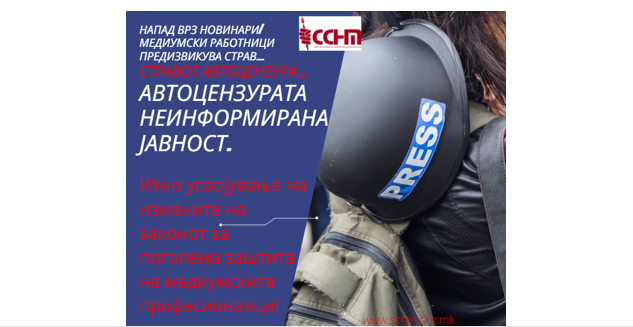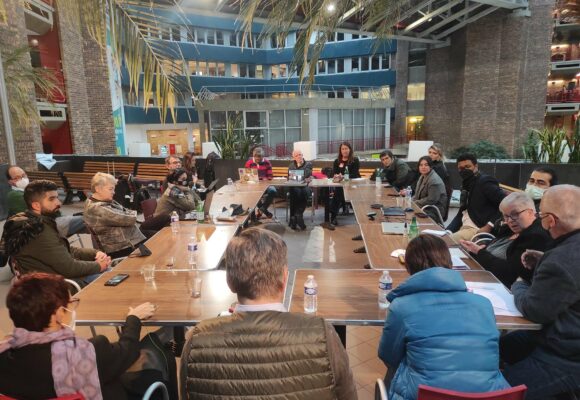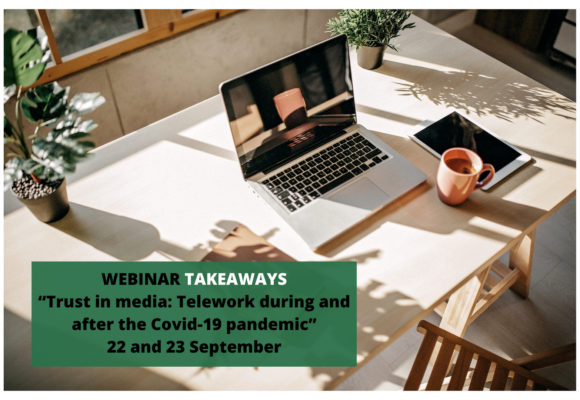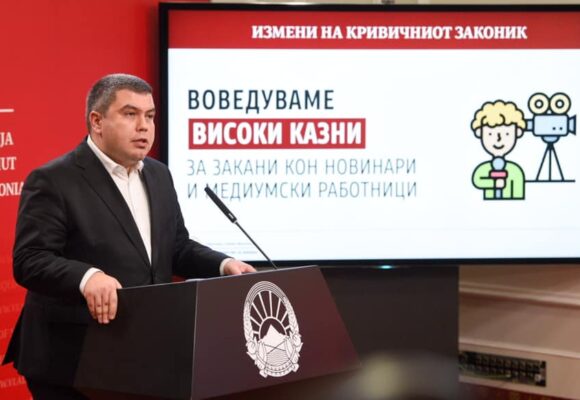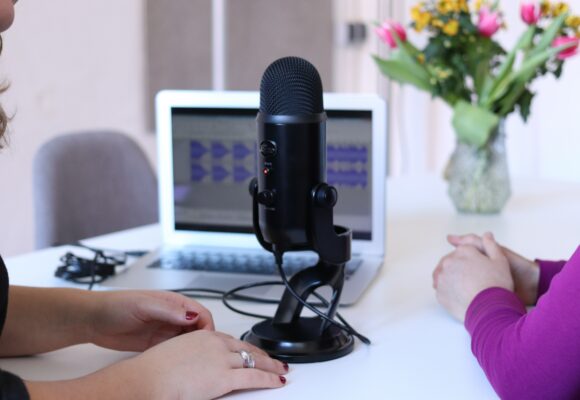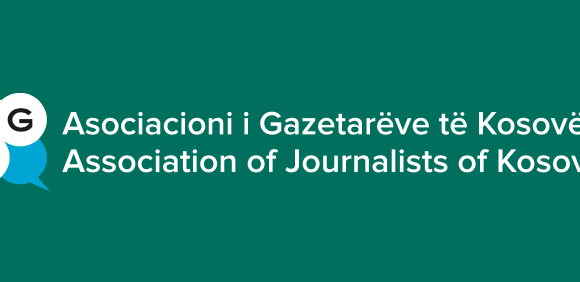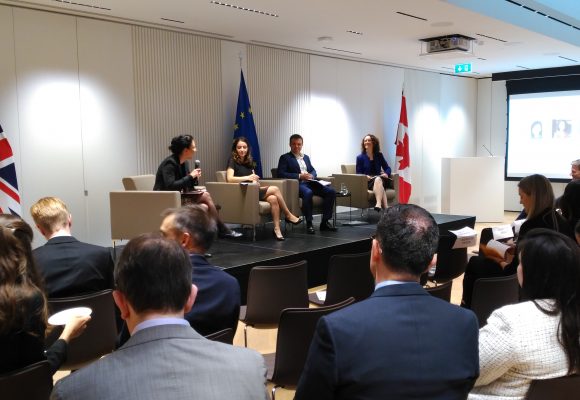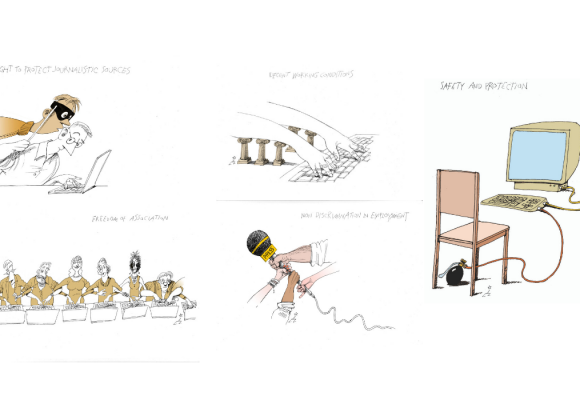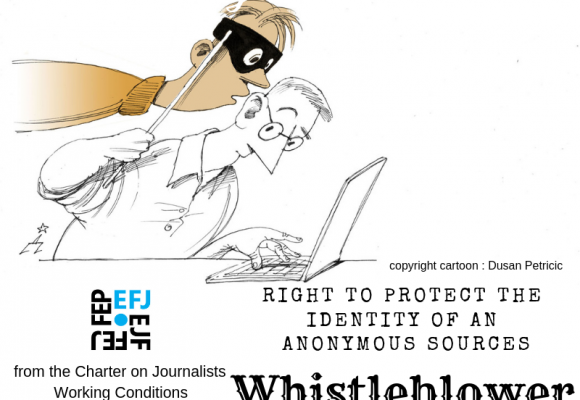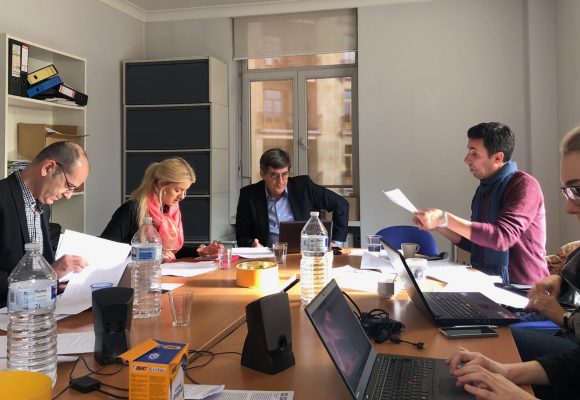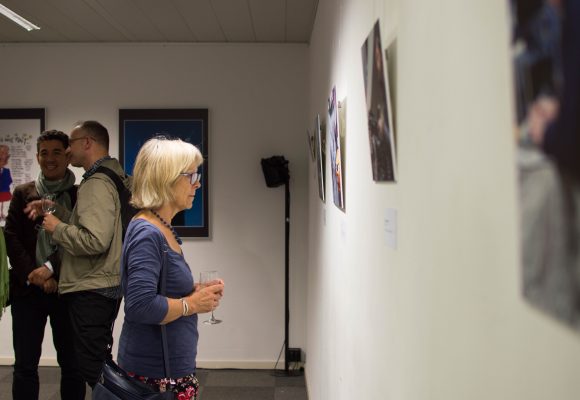North Macedonia: Parliament urged to make protection of journalists a priority
The Trade Union of Macedonian Journalists and Media Workers (SSNM) just launched a campaign to call for the urgent adoption of the amendments to the Criminal Code to better protect journalists. The changes were announced in July 2021 by Justice Minister Bojan Maricic but have not yet been passed. The European Federation of Journalists (EFJ) urged the Parliament not to further delay these important reforms. The EFJ had welcomed the introduction of the amendments last summer considered as “an important step forward for press freedom in the country”. Requested by the journalists’ association and union in North Macedonia for several years, the provisions, if voted, will help…

